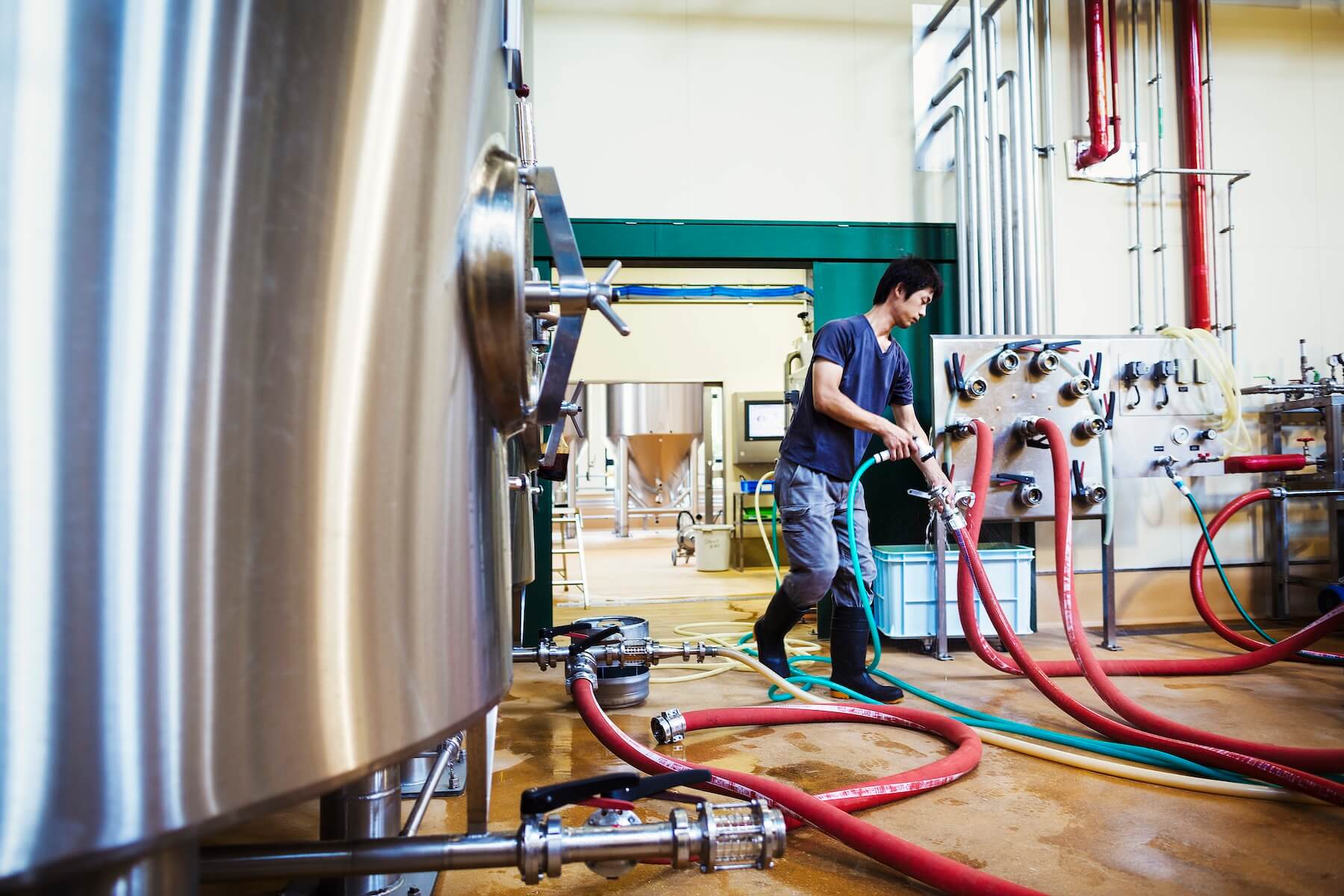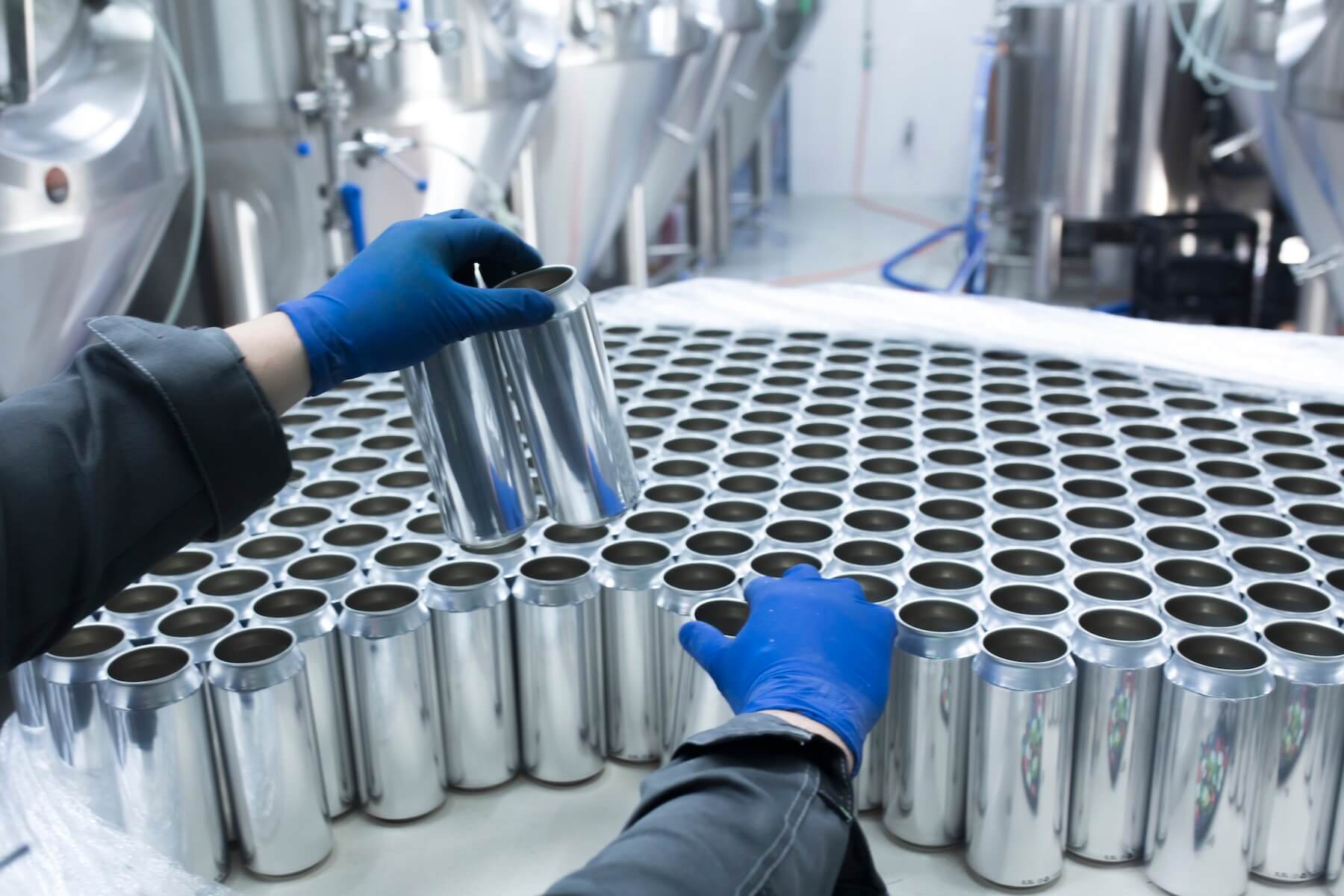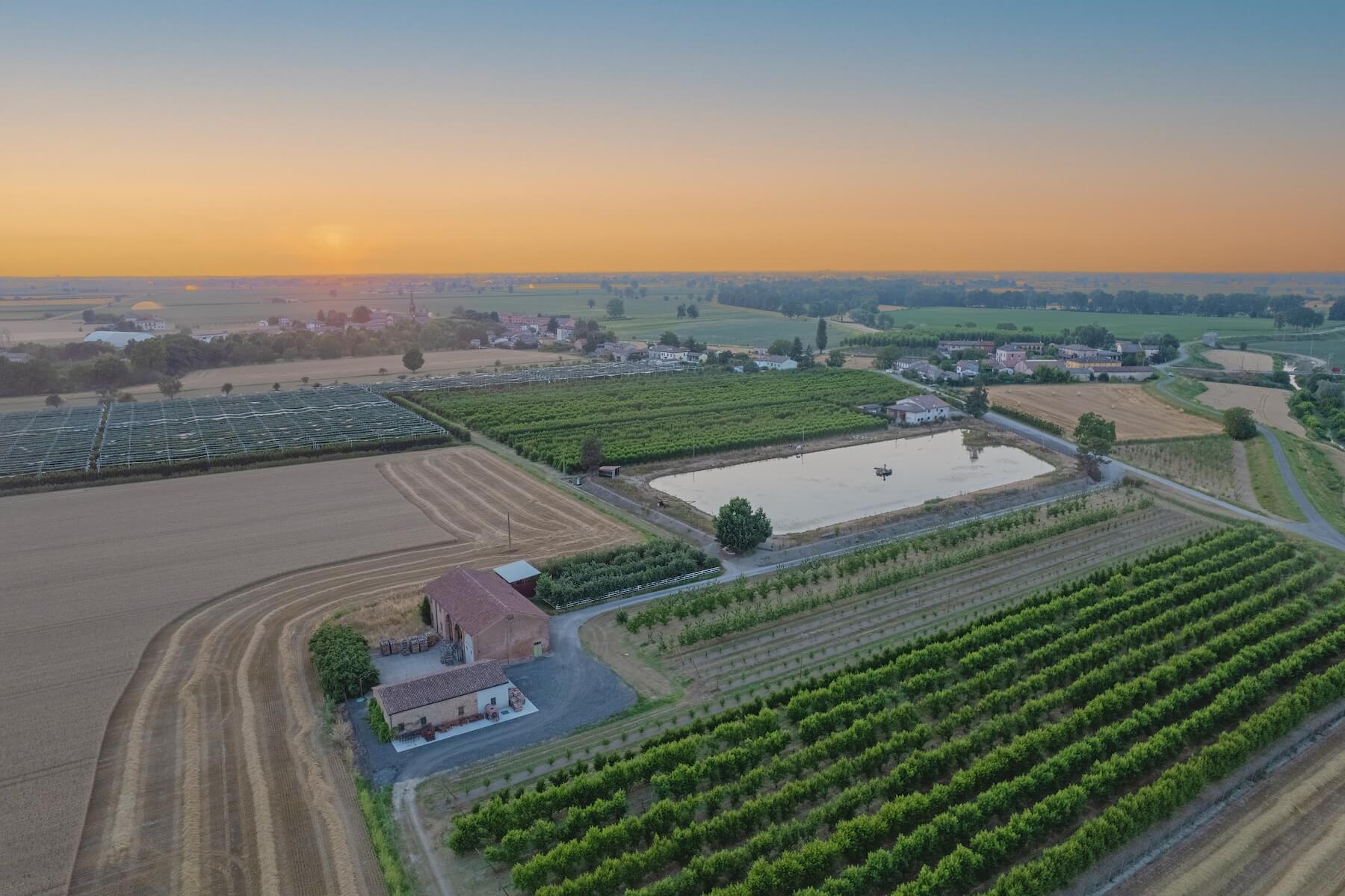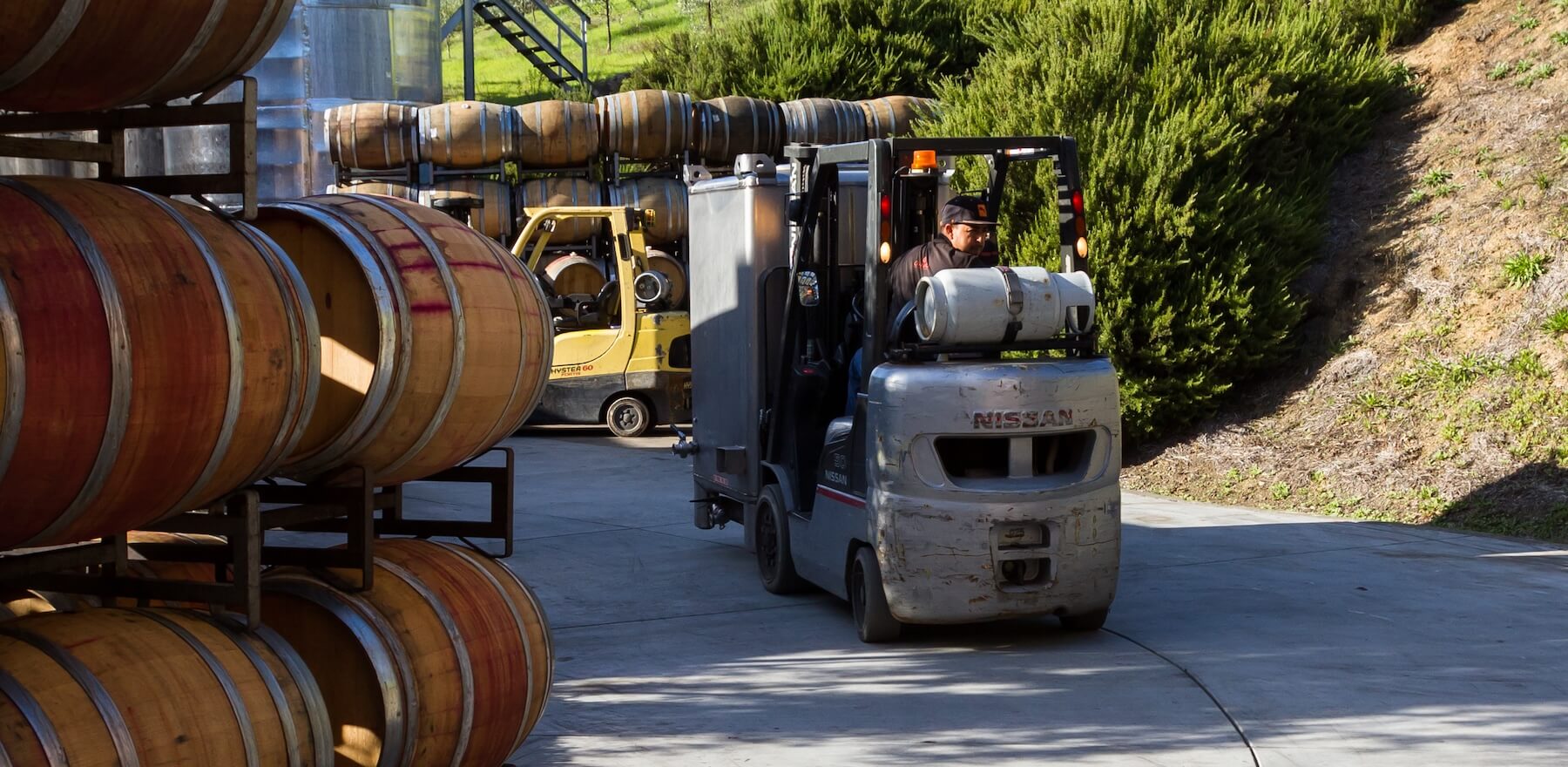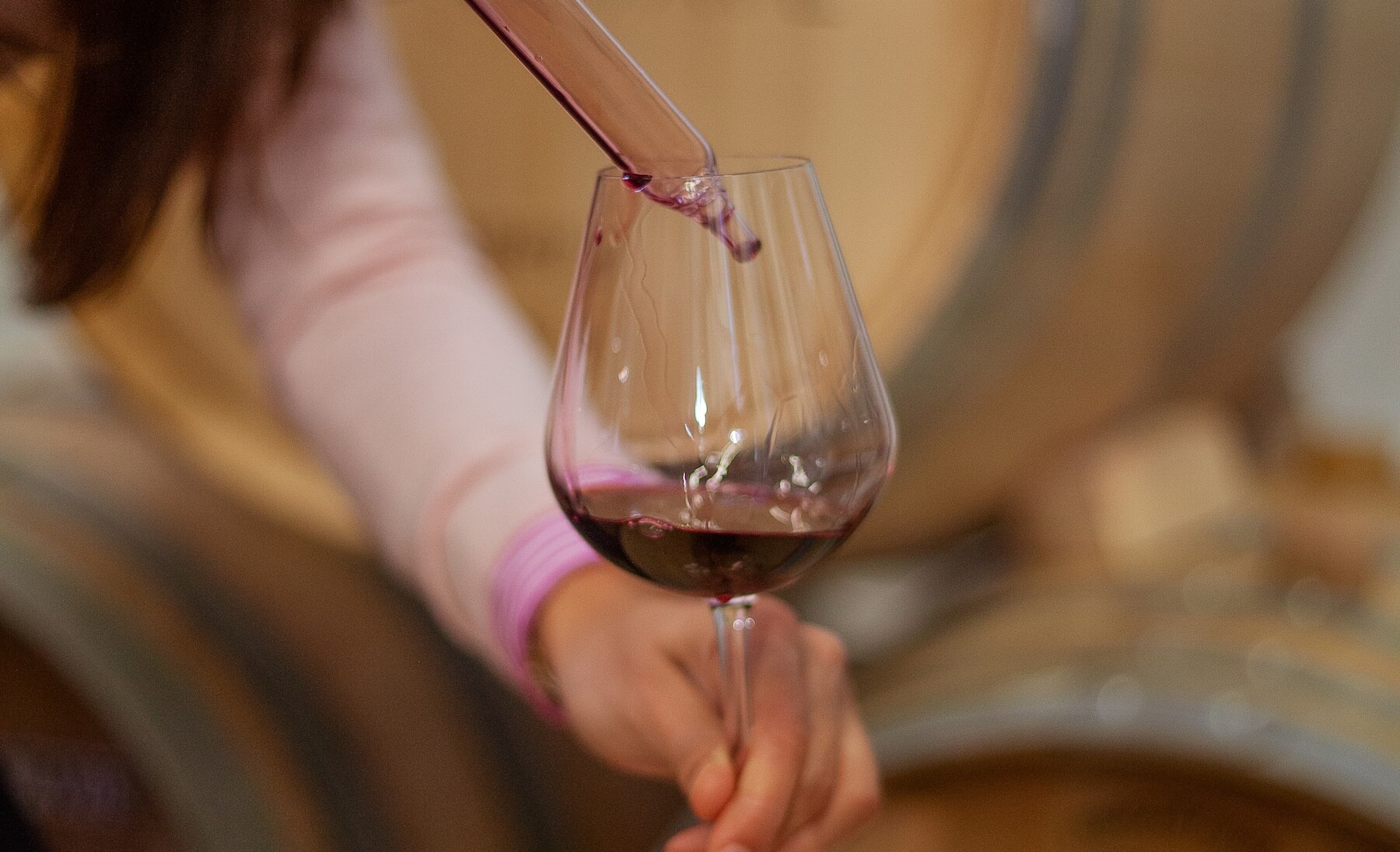The beverage industry has seen a fairly significant shift over the last several years. Popular bev-alc producers, once known for specializing in a single category or type of drink, are diversifying product lines to meet evolving consumer tastes. Global beverage giants, like Coca-Cola, are embracing the total beverage approach with bev-alc crossovers of well-loved sodas.
It seems the formula for success today is multi-category production that appeals to a broad range of customers. Companies understand the value a well-known brand name holds and are capitalizing on that popularity.
To better understand this phenomenon, let’s examine some of the ways popular beverage brands are tackling product diversification. From hard teas to canned versions of bar staples, these new entries into the bev-alc market are transforming the beverage scene and welcoming a new era of brand expansion.
Beyond Beer and Traditional Spirits
As the ready-to-drink category continues to see growth, established beer, wine and spirits producers are looking to get in on the “fourth category” game. Hard Tea seems to be dominating this space as of late, and craft breweries have found easy entry into hard tea as its production has many similarities to beer.
Likewise, spirits-based RTDs continue to be strong drivers within bev-alc, and many distilleries are looking for ways to capitalize on the convenience appeal of canned cocktails. Take Crafted customer Stateside Urbancraft Vodka for example. Its brand of Surfside hard tea and vodka sodas experienced 523% growth between its inaugural and second years of release. Now other big-name brands are following suit.
Voodoo Ranger Expands from Craft Beer to Hard Tea
Voodoo Ranger, New Belgium’s brand synonymous with craft IPAs, took the bold step into hard tea in 2023. Known for its playful, edgy branding and adventurous beer offerings, the brand is no stranger to pushing boundaries. With this foray into hard tea, New Belgium is tapping into the growing demand for lighter, more refreshing alcoholic beverages.
Voodoo Ranger Hardcharged Tea captures the brand’s signature bold flavor while offering a lower-calorie, easy-drinking option, appealing to both loyal craft beer fans and those looking for something new. This move reflects how beer brands are moving beyond the hops to cater to a broader audience.
Jameson Enters the Cold Brew Scene
Jameson, a well-established Irish whiskey brand, made headlines in 2020 when it entered the coffee scene with Jameson Cold Brew. This fusion of whiskey and coffee taps into two growing trends: the popularity of cold brew coffee and the rising demand for coffee-flavored alcoholic drinks.
Jameson Cold Brew combines the smoothness of the brand’s signature whiskey with the rich flavors of cold brew coffee, creating a unique drink that appeals to whiskey lovers and coffee enthusiasts alike. This venture shows how whiskey brands can innovate by blending their core product with trending flavors to create something entirely new and without straying too far from their heritage.
Non-alc’s expansion into bev-alc
Another popular trend hitting retail shelves marries global soda giants with popular boozy partners. Both Coca-Cola and Pepsi Co. have launched canned versions of classic pairings such as Jack and Coke and Pepsi and rum. This adoption of the “total beverage” trend means drinks producers can meet consumers in every stage of their lives.
Jack Daniel’s & Coca-Cola RTD Canned Cocktail
Jack Daniel’s, one of the most iconic whiskey brands, topped headlines when it partnered with Coca-Cola to produce a Jack and Coke RTD. This combination, a classic in bars for decades, is now available in a convenient, pre-mixed can, making it easy for fans of the drink to enjoy it anywhere.
The RTD market has exploded in recent years, with consumers looking for portable, convenient and high-quality alcoholic beverages that require no mixing. By introducing a ready-made version of one of the most popular whiskey cocktails, Jack Daniel’s and Coca-Cola are tapping into this trend while staying true to each brand’s roots.
Mountain Dew Goes Hard With Boston Beer Partnership
Mountain Dew, a beloved soda brand known for its extreme marketing and neon-colored beverages, shook things up when it partnered with Boston Beer Company to create Hard MTN Dew. The move aligns the trend of ready-to-drink cocktails paired with popular sodas to offer fun, nostalgic flavors that have an adult twist.
Hard MTN Dew brings the brand’s bold, in-your-face flavor to the hard soda format, catering to younger consumers looking for something exciting and different from traditional beers or seltzers. This represents another way popular non-alcoholic brands are entering the bev-alc space and capitalizing on the customer loyalty they’ve built over decades.
Topo Chico Jumps Into Hard Seltzer
Topo Chico, another Coca-Cola brand, is long known for its fizzy, mineral-packed sparkling water. The brand built a cult following for its refreshing taste and high carbonation, making it a natural candidate to enter the alcohol space with a hard seltzer line.
Topo Chico’s entry into bev-alc was perfectly timed, as hard seltzers continue to be a go-to for consumers who want a light, crisp alcoholic drink that’s lower in calories and sugar than beer or mixed drinks. Topo Chico Hard Seltzer blends its signature sparkling water with subtle flavors and alcohol, expanding the brand’s identity without alienating its core audience.
Spindrift’s Spiked Seltzer Push
Another notable example is Spindrift, a brand originally famous for its real squeezed fruit sparkling water. With the launch of Spindrift Spiked in 2021, the company put a unique twist on the popular hard seltzer category by keeping its commitment to using real fruit juice. Unlike many other hard seltzers, which rely on artificial flavors and sweeteners, consumers can enjoy a more natural, flavor-packed alcoholic seltzer.
This move is a reflection of how non-alc brands can leverage their unique identity and ingredients to enter the beverage alcohol market while maintaining the brand ethos that made them successful in the first place.
The Drive Toward Product Diversification
Evolving consumer tastes and preferences are influencing many of the changes we’re seeing across the beverage world. Today’s drinkers are more adventurous and want variety and novelty in their beverages. They seek choices beyond traditional beer, wine or spirits, and beverage companies must adapt to these new demands.
Iconic brands are primed for reinvention as they break the boundaries that once defined them. Producers of both non-alcoholic and alcoholic beverages have the opportunity to launch exciting, new products that maintain their core values and appeal to modern tastes.
From Voodoo Ranger’s bold step into hard tea to Spindrift’s successful leap into hard seltzer, the landscape is rapidly changing. Legacy brands are no longer tied to one category and are transforming into versatile players in a total beverage space.
This evolution represents an exciting time in the industry, where tradition meets innovation and consumer demand is driving brands to explore new possibilities. Whether you’re a beer lover, a hard seltzer enthusiast or someone who enjoys a classic whiskey cocktail, the future promises even more diversity and innovation from brands you know and love.
How Traditional Beverage Brands Can Evolve
As brands begin to formulate strategy and tackle product diversification, having the right set of tools in place will be critical. Non-alc companies must learn how to navigate the complexities of compliance and excise tax, while bev-alc producers must adopt new production and packing processes.
Beverage management software, such as an enterprise resource planning (ERP) solution, is built to simplify and unify the complexities of bev-alc production. Crafted ERP BevX is the only solution that allows companies to easily enter and operate multiple categories on a single platform. Producers can configure a system to include any and all back-office and production capabilities associated with beer, wine, cider, spirits, FMBs, RTDs, low-alc and non-alc beverages.
If you can dream it, Crafted can help you produce it
Whether you are in one, two or five categories, Crafted ERP BevX has the ability to manage where you are today and scale with you as you grow. Take the next step toward brand diversification by contacting our team to discuss your strategic goals. Cheers to a dynamic future in the exciting world of beverage production!


